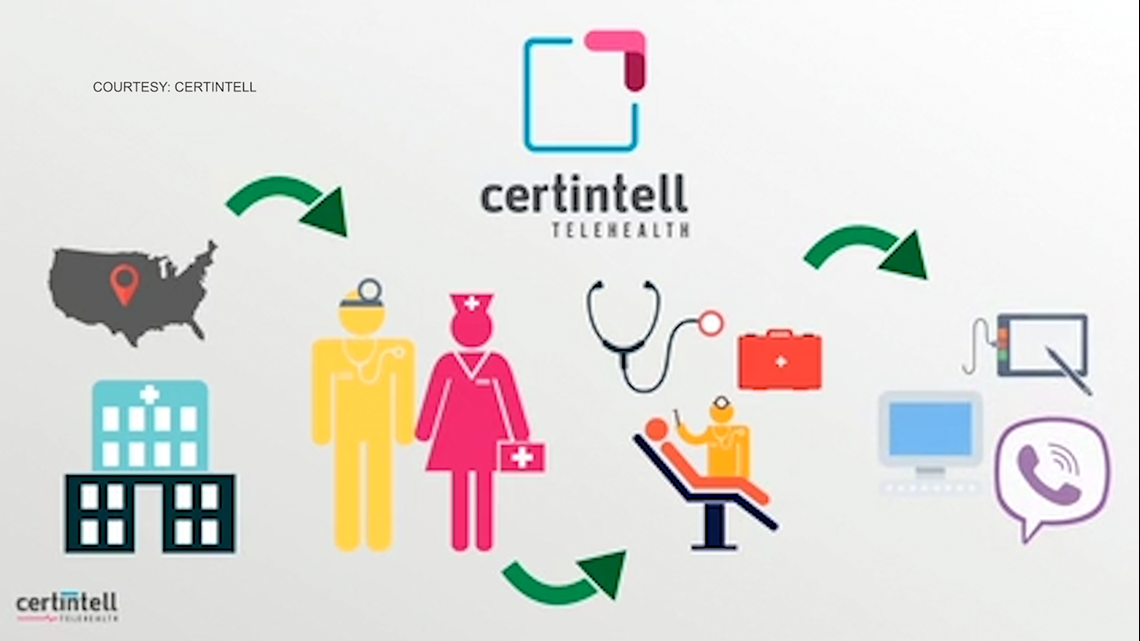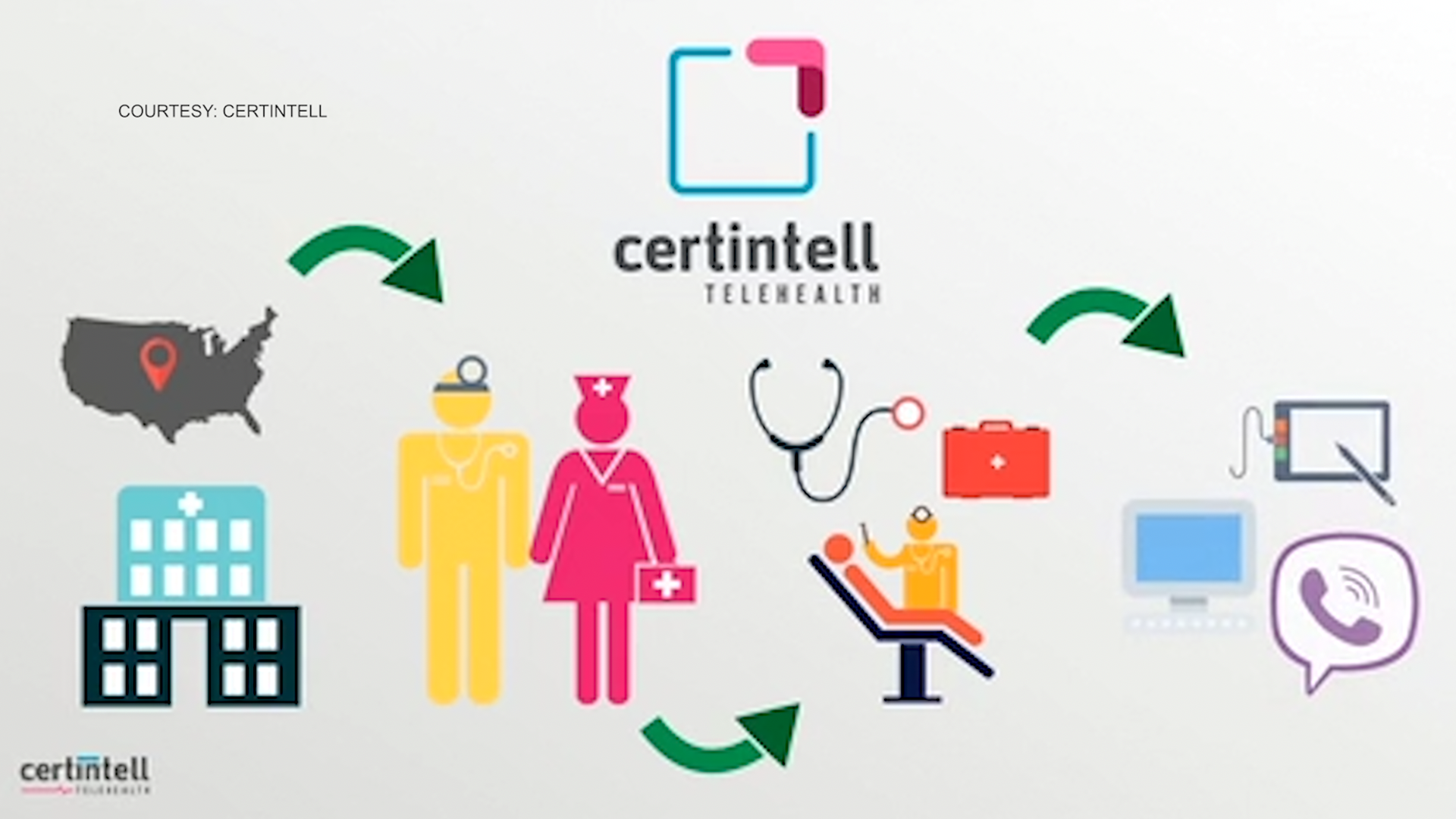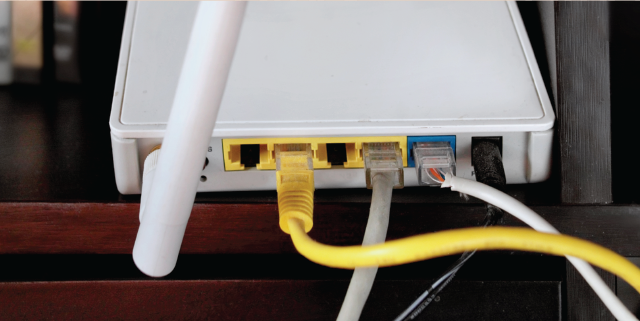Benjamin Lefever says he’s always had a passion for healthcare equity, but the passion was accelerated by personal experience. His family members suffer from different health conditions.
His sister has a chronic disability, and his brother, a veteran, suffers from PTSD.
“I saw some challenges around him getting access to services and care,” said Lefever.
The Drake graduate spent years working in the pharmaceutical biotechnology industry, including Genentech in San Francisco, before founding his own telehealth company, Certintell. His mission? To reach the underserved and bridge the care gap for those in rural communities, or low-income urban communities.
“There’s always been that focus on that area which has kind of been not focused on by other telehealth companies, but it’s a huge need,” said Lefever.
When you think of telehealth, you might think of simply attending a doctor’s appointment via video conference. But according to Lefever, that’s just one part of it--the part he calls “Telehealth 1.0”.
The “Telehealth 2.0” brings in “remote patient monitoring” -- or sending electronic devices to your doorstep to monitor patients with chronic medical needs. That can involve sending weight scales, glucometers, and blood pressure cuffs, all technologically “smart” devices that allow healthcare professionals to interpret the results in real time.
“We would send a device directly to your home that has a cellular chip already in it so you don’t have to have internet or wi-fi,” said LeFever. “Particularly in underserved, low-income [communities], we want to make it super simple so a lot of folks don’t have data to download apps and use that. So everything is built for accessibility, ease of use, and low cost.”


Lefever doesn’t work directly with patients. Instead, he reaches out to healthcare providers; in particular, federally-community health centers and specialty clinics that are far from rural areas, yet still the closest in proximity. Lefever says healthcare providers receive financial incentives for partnering with Certintell. They also get access to working alongside a Certintell care team to monitor their patients' health remotely.
“They get paid for enrolling and engaging patients in these new ways. And that’s also an incentive to implement new technology,” he said.
This year, Lefever’s company has greatly expanded.
He says at the beginning of the year, Certintell served around a thousand patients via remote patient monitoring. Now, they serve around 10,000.
Certintell is also the only solo-Black-founded telehalth company in the nation. Lefever says it's important to him that each remote device be equipped with internet capabilities, because low-income communities often lack broadband access. In particularly, communities of color do.
Pew Resarch Center shows that in 2019, 79% of white households had broadband internet access at home. That's compared to 66% of Black households, and only 61% of Latino households.


